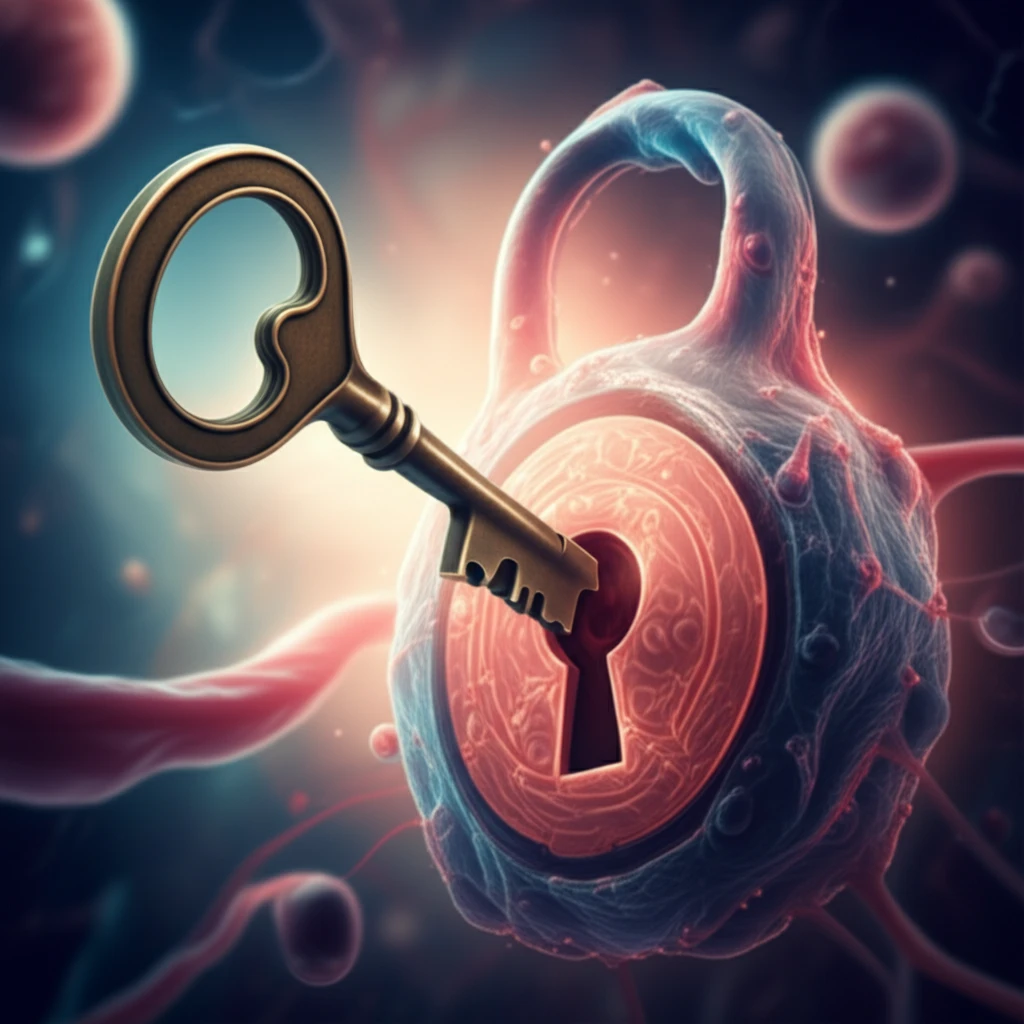
Nilotinib: Your Comprehensive Guide to Understanding, Managing, and Living Well
"Unlock the secrets of Nilotinib, from its uses and potential side effects to practical tips for managing your health and maximizing its benefits."
Being diagnosed with a condition that requires medication like Nilotinib can feel overwhelming. It's natural to have questions and even some anxiety about what to expect. This comprehensive guide is designed to be your supportive companion, providing you with clear, reliable information about Nilotinib, how it works, and how to manage your treatment effectively. We aim to empower you with knowledge, so you can approach your health journey with confidence and peace of mind.
Nilotinib is a medication primarily used to treat chronic myelogenous leukemia (CML), a type of cancer that affects the blood and bone marrow. Specifically, it's a tyrosine kinase inhibitor, meaning it targets and blocks the action of certain proteins that promote the growth of cancer cells. Nilotinib is often prescribed when other treatments, like imatinib, haven't been effective or are no longer working. Understanding its role is the first step in taking control of your health.
In this guide, we'll break down the complexities of Nilotinib, covering everything from its mechanism of action and potential side effects to practical tips for managing your daily life while on the medication. We'll also explore strategies for working closely with your healthcare team to optimize your treatment plan and address any concerns you may have. Our goal is to provide you with a roadmap to navigate your Nilotinib journey with assurance and a proactive approach to your well-being.
Understanding Nilotinib: How Does It Work?

To truly understand Nilotinib, it's helpful to grasp the basics of CML. In CML, a genetic abnormality called the Philadelphia chromosome leads to the production of an abnormal protein called BCR-ABL. This protein fuels the uncontrolled growth of white blood cells, which is the hallmark of CML. Nilotinib works by specifically targeting and inhibiting the BCR-ABL protein, effectively putting the brakes on the runaway growth of these cancerous cells.
- Targeted Inhibition: Nilotinib selectively inhibits the BCR-ABL tyrosine kinase, the driving force behind CML.
- Cellular Growth Control: By blocking BCR-ABL, Nilotinib helps to normalize the production of blood cells.
- Improved Outcomes: This leads to a reduction in the number of cancerous cells and can result in disease remission.
Empowering Your Journey with Knowledge
Living with CML and managing a Nilotinib prescription requires a proactive and informed approach. By understanding how Nilotinib works, potential side effects, and strategies for managing your health, you can navigate your treatment journey with confidence and peace of mind. Remember to always maintain open communication with your healthcare team, ask questions, and advocate for your well-being. Your health is your priority, and knowledge is your greatest asset.
